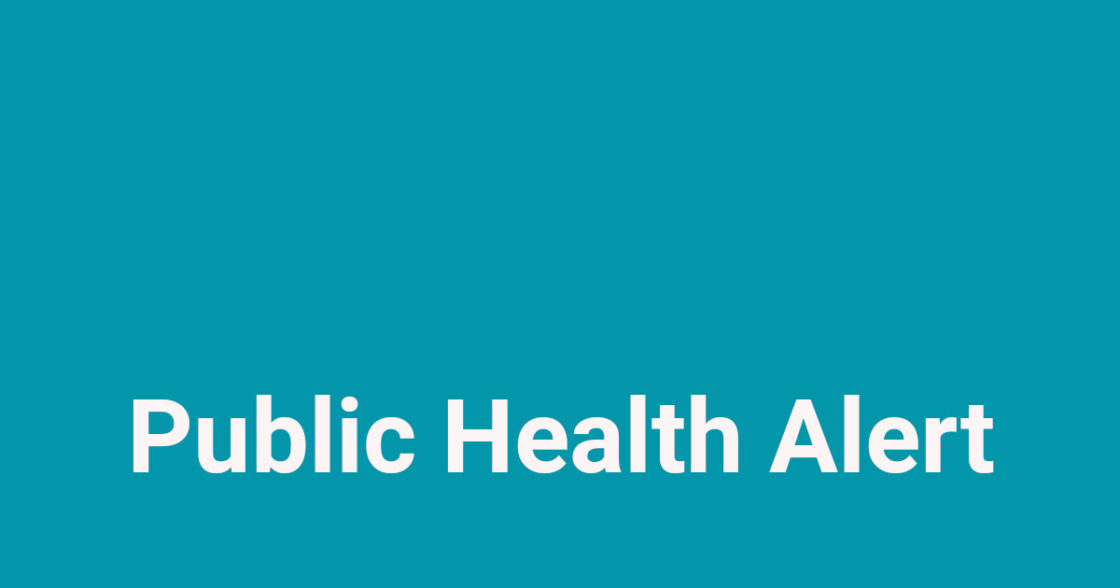Canterbury DHB Medical Officer of Health, Dr Ramon Pink, says there is a risk to public health following the prolonged heavy rainfall event last week in eastern Banks Peninsula. The majority of water supplies in this area are private and not subject to testing or treatment. This area includes the bays from Port Levy to Flea Bay.
We are aware that a large number of people will be travelling to this area over the coming days and weeks on holiday. Rented baches and holiday homes may not have any treatment or information about water quality.
If you live in the eastern bays of Banks Peninsula, or are visiting this area, do not drink the tap water – boil all water before using it for cooking, cleaning your teeth or for drinking. Or use bottled water.
There is the potential for these supplies to have been contaminated by run off from farm land and septic tanks which if consumed could cause gastrointestinal illness, symptoms can include diarrhoea, stomach pain, cramps, nausea, vomiting, headaches and a high fever. Symptoms of these illnesses usually appear 1-10 days after becoming infected, however symptoms can appear up to 25 days after being infected
If you are concerned about your health call your own general practice team, or Healthline on 0800 611 116 – you can call 24/7 for free health advice.
With any gastro illnesses that cause vomiting and diarrhoea, it’s important for people to keep their fluids up, be meticulous about handwashing and drying, and avoid preparing food for others while you have symptoms. People with more severe symptoms including fever, or who are finding it difficult to keep fluids down should seek medical advice. This is especially important for babies and young children and the elderly.
As of today, Wednesday 22 December, there have been no notifications reported to Community & Public Health of illness due to the water in Banks Peninsula.
ENDS
For further information, contact: communications@cdhb.health.nz

